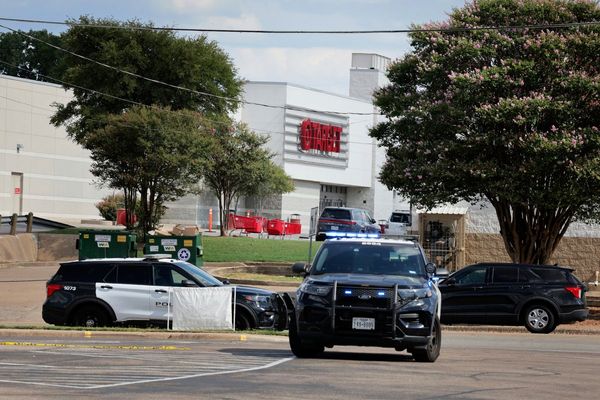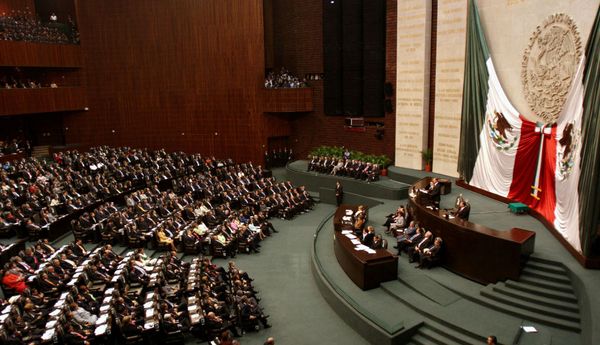
James Gray brings a characteristically muted, slow-burn intensity of purpose to this odd, interesting period drama. It is based on the true story of Col Percival Fawcett, a British explorer and army officer of the last century who became obsessed with what he was convinced was a lost city he called “Z”, deep in the Amazon jungle: a vanished civilisation overlooked by the historical and archaeological establishment. For his screenplay, Gray has adapted the 2005 New Yorker article and subsequent book about Fawcett by David Grann. It’s a curious film in some ways, taking what could be an exciting epic adventure in the style of David Lean and turning it into something introspective, slightly morose and anti-climactic. Yet there is a persistent, beady-eyed intelligence at work.
Gray’s film shows that Fawcett’s involvement in Amazon exploration has its origin in his being asked by the Royal Geographical Society to act as an honest broker in a border dispute between South American states about where national territories began and ended, which in turn arose from exploitation of local resources. But while there, Fawcett rises above commercial concerns and even the traditional thrill of imperial prestige. He finds fragments of pots and evidence of ruined sculpture, which triggers a lifetime’s obsession and a need to prove himself to the snobs and prigs who had looked down on him for being not quite top drawer. His Amazon journeys happen as storm clouds of war are gathering; the trips are in some ways driven by the same misplaced romantic need to prove masculinity and hardihood – but also a need to avoid and escape, to turn one’s back on the squalor of conflict.
Charlie Hunnam plays Fawcett himself and Sienna Miller gives a good performance as his wife, Nina; Tom Holland is Hunnam’s son Tom, who was to accompany him on his last fateful trip into the jungle, and Robert Pattinson is Henry Costin, his bearded and dishevelled assistant.
It is an unusual film in that it appears to invoke the familiar ideas of Conrad’s Heart of Darkness or Werner Herzog’s Aguirre, the Wrath of God, but does something different with them. It is more episodic. This is not about a single, epic, crazily hubristic journey into the jungle, in which the increasingly panicky participants have a catastrophic encounter with barbarism that in turns discloses the savage greed within the western adventurer’s own soul. There are some familiar images: a terrifying upriver journey, deadly arrows from tribesmen hidden in the foliage, bleached skulls, signs of cannibalism, loss of nerve and erosion of discipline within the explorers’ ranks – and a surreal encounter with an opera. But Gray shows something that is anti-Conrad and anti-Herzog: that explorers can return home safely, become feted for their exploits, have unwelcome encounters with duplicitous colleagues – but resolve to go back out there.
It happens time and again, and Fawcett’s need to return is not even extinguished by the first world war, which is evoked with brutal confidence. His troubled relationship with his son brought to my mind Kipling’s anguished memories of his son, lost in the war and memorialised in his poem My Boy Jack.
Where another sort of film might periodically crank up the tempo and amplify the drama and passion, Gray sternly keeps things lower and slower, with a concerted evenness, as if wanting us to remain detached from Fawcett’s passions. It makes for a slightly opaque movie in some ways, yet one that remains coolly and cerebrally engaged.







